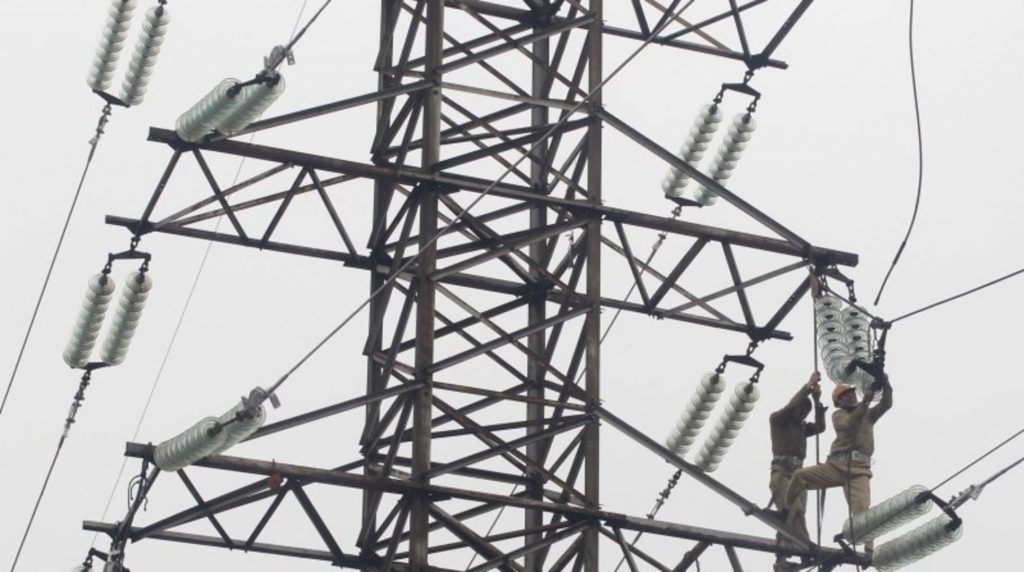Electric heating is simple and can be very useful in certain circumstances. It has several practical advantages such as a simple installation. However, in the long term, those facilities that use another type of fuel are more efficient. Heating with electricity can be very useful as a complement to other heating options or in places that are not used very often, such as holiday homes. It is also recommended in certain places where central heating is not possible or advisable, such as in a small office or warehouse.

Advantages of electricity
- Great availability
- Needs little space
- Low initial investment
- Low installation and maintenance costs
- It is possible to get cheaper electricity by comparing suppliers or special rates
Requirements that your home must meet
- It must be connected to the public supply or have an independent power system
- Some devices (such as night batteries) need high currents
Most devices TED require very little space and are cheap . Other advantages are the installation and maintenance costs, which are usually low. Warmers without storage also produce heat immediately, so if a bathroom needs to be heated quickly for a shower, it can be achieved with an electric heating appliance without storage.
The practical benefits are offset by the relatively low efficiency of the use of electricity. The burning of fossil fuels used for the generation of electricity implies losses due to the conversion to electricity. In addition, part of the energy is lost in its way through the network. This means that the energy consumption is higher in the heating system of a house. Therefore, the use of electricity for long-term heating in buildings used continuously is not recommended. hence one of the great advantages of this energy marketer is, in addition to telephone service, that permanent window of communication in digital that, at the click of a click, allows consulting the data of contracts, associated invoices and consumption history; bring energy control through utilities such as a scorecard, an inventory of supply points and optimization proposals aimed at reducing electricity expenditure; obtain detailed billing reports (even for periods in Excel format); subscribe to advanced services such as electronic billing;

